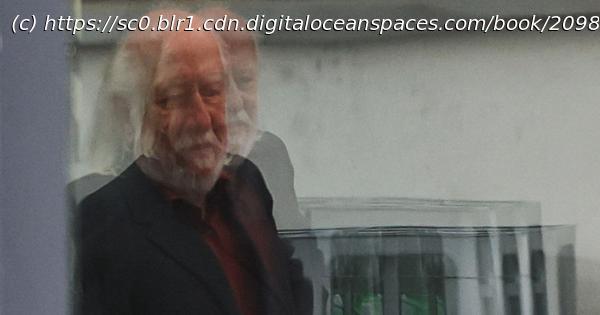An excerpt from ‘Destruction and Sorrow beneath the Heavens’, a travel memoir from China by the 2025 Nobel Laureate.
The next day, at three o’clock in the afternoon, of course, there is Master Ji in front of the entrance gate of the Garden of the Master of the nets, with a beautiful woman of noble gaze, about the same age as Master Ji; a marvellously handsome man, a little younger than Stein yet seeming somewhat ageless, with long grey hair reaching down to his shoulders; and a younger woman standing beside him, arm in arm, clearly his wife. After the introductions, Master Ji leads them through the tourist groups – only sporadically destructive at this moment – to the end of the garden, to a hidden nook where, under the greatest protection that could possibly exist in such a place, they take a seat in an empty teahouse. All the doors in the teahouse are open, and the back wall of the inner courtyard, grown over with woodbine and overlooking their table, is flooded with the afternoon sunshine.
Master Ji introduces the unknown couple as Wu Xianweng and his wife. They are from Suzhou, but now they have come from Wuxi in order to spend the day with them. And this, he gestures towards the beautiful woman next to him, who blushes a little, is his own wife. Master Ji orders only some bottles of boiling water, then he takes from his pocket a large bag of tea, and tells them that this is Longjing tea, and that this is what they will be drinking, because this is the best. He places the leaves in everyone’s cups and then pours the boiling water over them; for a while there is silence, a little self-consciousness, while from outside, from the courtyard, the twittering of birds can be heard, and the staff withdraws behind a distant counter.
Stein is the first one to speak but it’s as if he wouldn’t have to begin, as if they were in conversation already: he does not introduce himself, which perhaps would have been proper, but begins to speak about what connects him so closely to the arts of China. He speaks in short sentences so that it will be easier to translate: he feels that it doesn’t matter what kind of art one draws close to in China, it doesn’t matter whether one starts out from poetry, music, philosophy, painting, architecture, theatre, calligraphy or the art of gardening, because one always ends up in the same place, as if every form of artistic expression were striving for one and the same conceptualisation or depiction.
Home
United States
USA — mix When the literature Nobel Prize winner László Krasznahorkai journeyed through China






